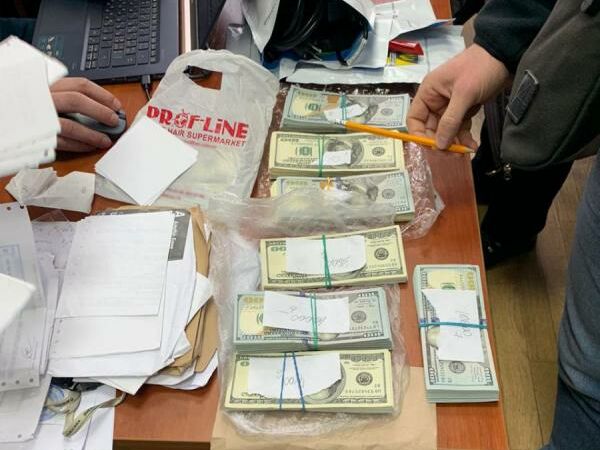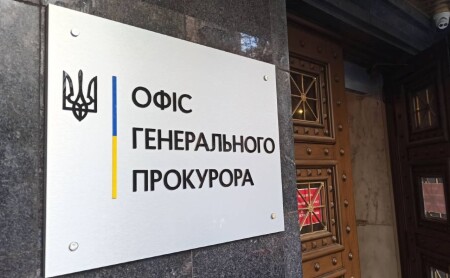Case description
The NABU and the SAPO suspect Zakhar Antypov, former prosecutor of the Prosecutor General's Office, and other officials of receiving $150,000 in bribes for a promise to lift the seizure of luxury cars.
According to the investigation, prosecutor Zakhar Antypov, together with his intermediary Oleh Halchenko-Avilov, former head of the Department at the Prosecutor General's Office, received $150,000 in bribes through accomplice Ihor Osypovych. This amount was supposed to be transferred to the leadership of the Prosecutor General's Office, and they would close the case and return the cars to the owners, as the defendants in the case promised.

Officers of the Main Detective Department of the National Police of Ukraine seized a Mercedes-Benz S400 CDI, Porsche Macan GTS, Bentley Continental GT, and Land Rover Range Rover in a fraud case involving Everad employees, who allegedly sold a placebo as a treatment for hypertension. In September 2021, the owner of the vehicles complained to a friend about pressure from law enforcement officers and the authorities’ failure to return the property. The friend responded that resolving the issue would require contacting an employee of the Prosecutor General’s Office and promised to arrange an introduction.
The owner of the cars, Ruslan Tymofieiev, in response to the proposal of the Prosecutor General's Office employees, reported to the NABU, and his representative handed over specially marked money to the defendants.
The money was transferred through intermediaries to unidentified individuals for further delivery to the Prosecutor General. They persuaded Tymofieiev that the vehicles would not be returned without the payment of a bribe. He was kept informed about the progress of the arrangement through messages and in-person meetings. During one such meeting at the Prague restaurant, Antypov promised to return the money if the issue was not resolved by October 2021.
According to the prosecution, Antypov did not actually intend to transfer the bribe to make the promised decision. After he failed to fulfill the promise, Antypov somehow returned the first part of the bribe, but the banknotes were different—the investigation never found the marked banknotes.
The defendants pleaded not guilty. In their view, NABU’s goal was not to establish the objective truth, but rather to obtain incriminating testimony and secure a plea deal. One of the defendants also argued that the elements of the alleged offense were unclear, the charges were based on assumptions, and certain conclusions violated the presumption of innocence.
The defense requested the court to acquit the defendants, arguing that their actions did not constitute the elements of a criminal offense. The defense also pointed out that the proceedings were originally registered based on a report of a different crime—unlawful receipt of benefits—and that the legal qualification of the case was later changed improperly. Additionally, the defense argued that there is no evidence confirming the transfer of funds, and claimed that certain actions may have been orchestrated by NABU detectives. They also alleged that the whistleblower’s conduct amounted to provocation.
Antypov is charged with Article 27(4), Article 369(4), and Article 190(4) of the Criminal Code of Ukraine. Halchenko-Avilov and Osypovych are charged under Article 27(4) and Article 369(4) of the Criminal Code of Ukraine.
In October 2022, Zakhar Antypov mobilized into the Armed Forces of Ukraine, which led to the separation of the proceedings against him and the suspension of the case. A month later, the case was resumed after the head of Antypov’s military unit sent a letter confirming the possibility of granting him business leave to attend court hearings. However, in December 2022, the court separated the materials related to his case and suspended the hearing.
The HACC found Halchenko-Avilov and Osypovych guilty. He sentenced them to 6.5 and 6 years in prison, respectively. Halchenko-Avilov was ordered to forfeit $60,100, while Osypovych was sentenced to the confiscation of half of his property.
The case is now before the HACC Appeals Chamber.






